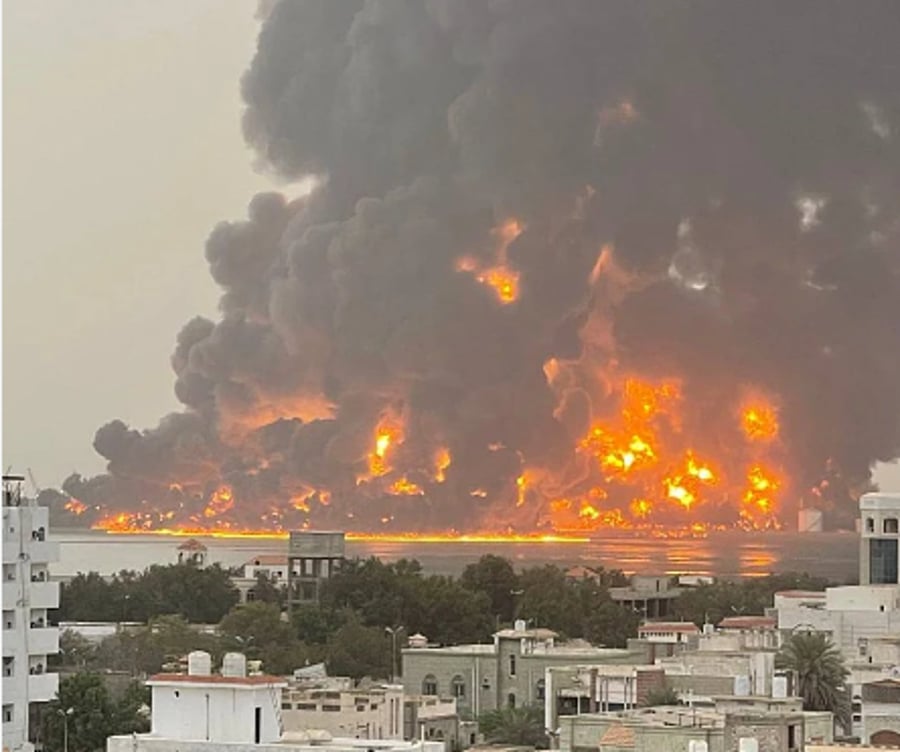
Israeli forces launched their first-ever airstrike on Yemen's Hodeida port on Saturday. The attack, which targeted a key Houthi-controlled facility, has left six dead and 80 injured, according to Yemeni medical sources.
The strike comes as a direct response to a recent Houthi drone attack on Tel Aviv that claimed the life of an Israeli citizen. It marks a significant expansion of Israel's military operations, pushing the boundaries of the ongoing conflict beyond Gaza and into the broader region.
At the heart of this escalation lies Hodeida port, a critical gateway for fuel imports and humanitarian aid to rebel-held areas of Yemen. The Israeli military contends that the port has been a conduit for Iranian weapons, making it a legitimate military target. However, the strike threatens to exacerbate the situation in Yemen, where millions rely on aid flowing through this vital port.
"This attack could have far-reaching consequences for ordinary Yemenis," warns Yemen expert Nicholas Brumfield. He predicts a spike in fuel prices and potential shortages of essential goods, further straining a population already battered by years of conflict.
Thick black smoke billows from the port as firefighters struggle to contain a massive blaze. Local authorities fear the fire could rage for days, potentially reaching food storage facilities.
In response to the attack, Houthi military spokesman Yahya Saree has promised a "huge" retaliation against Israel. This threat, coupled with Israel's vow to continue operations if provoked, sets the stage for a potentially dangerous cycle of escalation.
* The Times of Israel contributed to this article.







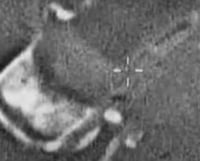


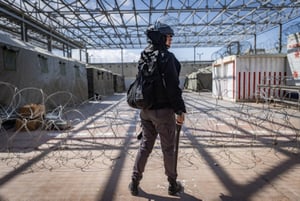
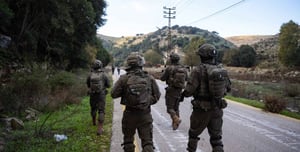
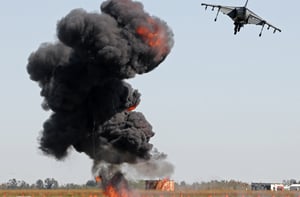
0 Comments